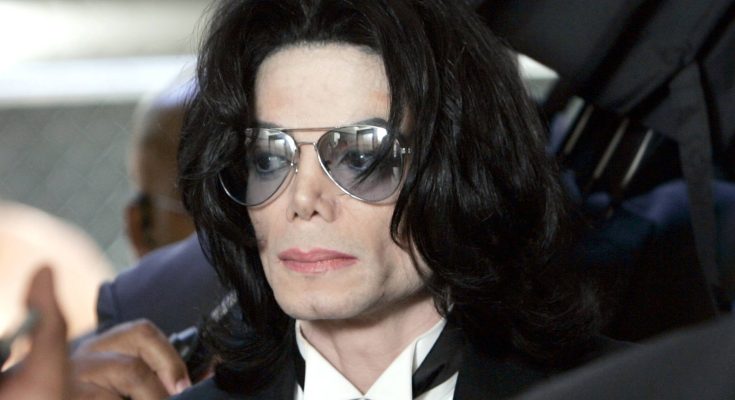It’s hard to grasp that it’s been 15 years since the death of arguably the greatest entertainer to have ever lived.
Michael Jackson’s life was one of ups and downs, of incredibly high highs and speculation-fueled lows that ultimately made him a vastly polarizing character.
On June 25, 2009 the entertainment industry – and indeed the world in general – were left reeling at the news of MJ’s sudden passing.
The Thriller superstar had been preparing for a 50-date residency in the UK when he died at his home in Los Angeles. Dr. Conrad Murray, Jackson’s personal doctor, stated that the singer had stopped breathing and appeared to have gone into cardiac arrest, this minutes after Murray had administered a large dose of propofol and benzodiazepine to help him sleep.
Despite the best efforts of medical professionals, Jackson’s life could not be saved. He was declared dead two hours after Murray’s 911 call.

Amidst the pain and grief endured by millions of fans around the world following Jackson’s passing, Dr. Murray was charged with involuntary manslaughter after an investigation and autopsy.
At trial, Murray’s defense claimed that on the night of his death, the 50-year-old Jackson had taken eight tablets of the sedative lorazepam, though this was not administered by Murray.
“When Dr. Murray left the room, Jackson self-administered a dose of propofol that, with the lorazepam, created a perfect storm in his body that ultimately killed him,” his defense team argued.
“The whole thing is tragic, but the evidence is not that Dr. Murray did it.”

After the prosecution ruled that “misplaced trust in the hands of Murray cost Jackson his life,” Murray was sentenced to four years in prison.
And now, 15 years after the fact, Jackson’s final tragic words have surfaced again, as offered by Dr. Murray.
During his trial for manslaughter, Murray claimed that Jackson had requested ‘milk’, the word the singer used for the anaesthetic propofol.
As reported by the LA Times, Murray told the jury during his trial: “[Jackson] said, ‘Please, please, give him some milk so that I can sleep, because I know that this is all that really works for me.’
“This is just a medicine that he was familiar with, it’s called propofol.
“He said ‘Just make me sleep, doesn’t matter what time I get up.
“I agreed at that time that I would switch over to the propofol.”
Dr. Murray said that after administering the drug, he left Jackson’s bedside for two minutes to use the bathroom. When he returned to the bed, however, Jackson had stopped breathing.



